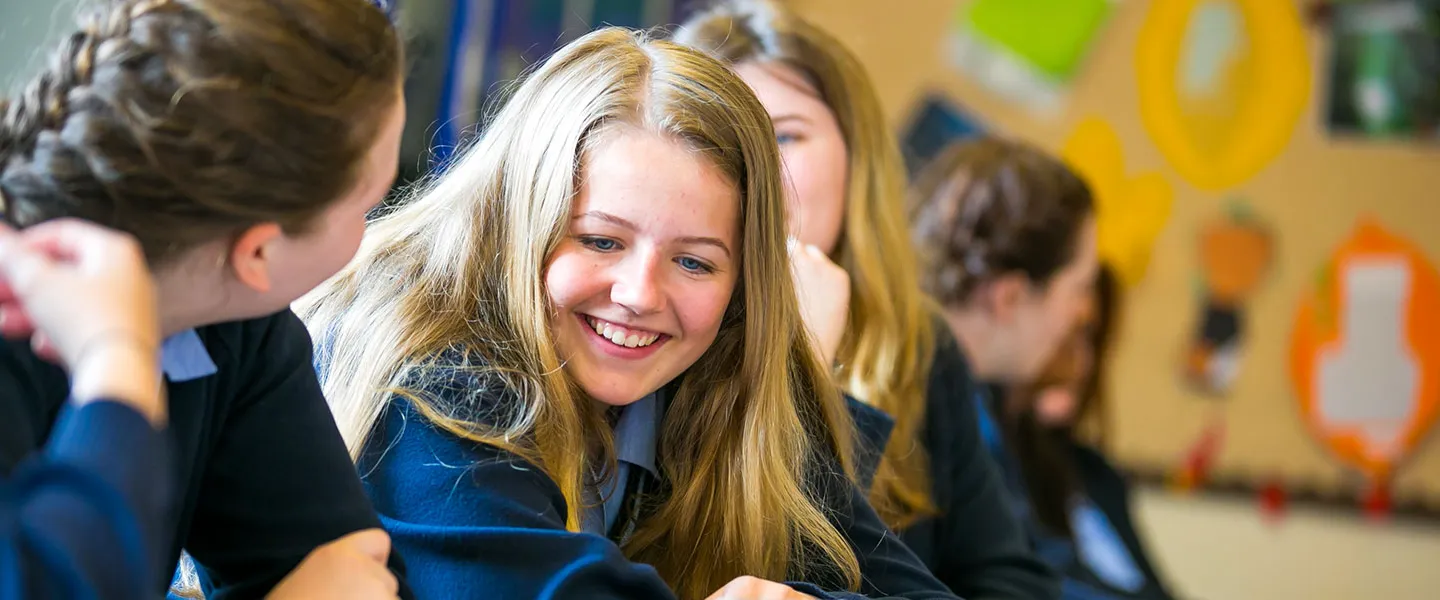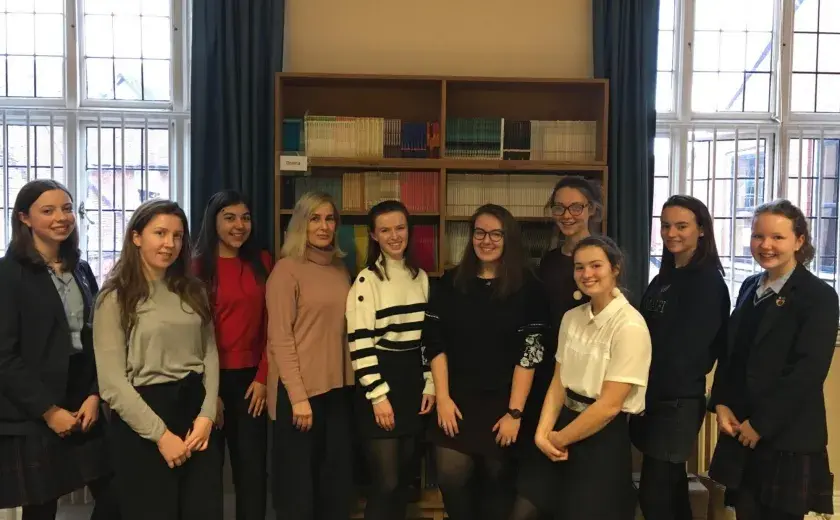‘The human geography of plastic waste’ was the very topical title of the school’s third Academic lecture of 2019.
Dr Deidre McKay, a human and social geographer from The University of Keele, presented on plastic and micro plastic waste, speaking about her work in the Philippines and China.
She also strives to raise awareness of this massive environmental issue in the UK through workshops where recycled plastics are used to create handmade gifts and trinkets.
The massive plastic problem was demonstrated by the ‘paper’ coffee cup she brought with her, revealing that all so called ‘paper’ cups have a plastic lining.
When dumped into our oceans, these items pick up bacteria becoming toxic ‘food’ for aquatic life and sea birds.
The Coffee cup’s durable plastic lids are an even greater problem, as they can only be sent to landfill or to incineration. When burned, they release dioxins that bioaccumulate in fats in mammals, potentially causing cancer and damage to the immune systems of the mammals later in their lives.
Dr McKay also spoke about single use plastics, stating that half of the plastics produced are used only once before being thrown away.
Her conclusion was one we are not used to hearing; plastics are not recyclable in practice, and the recycling of plastics is uneconomic. Her key message was whether the damage of this man-made material was worth the environmental harm?
Year 12 Geography student Georgia Eaton-Rennie said: ‘The talk was eye-opening and thought-provoking, it really made us want to change. We are so dependent and reliant upon plastic for clothes and food packaging but often don’t realise it.”
Report by: Anna McBurney (Year 12 Geography student currently working on an EPQ on the topic of plastic pollution).

